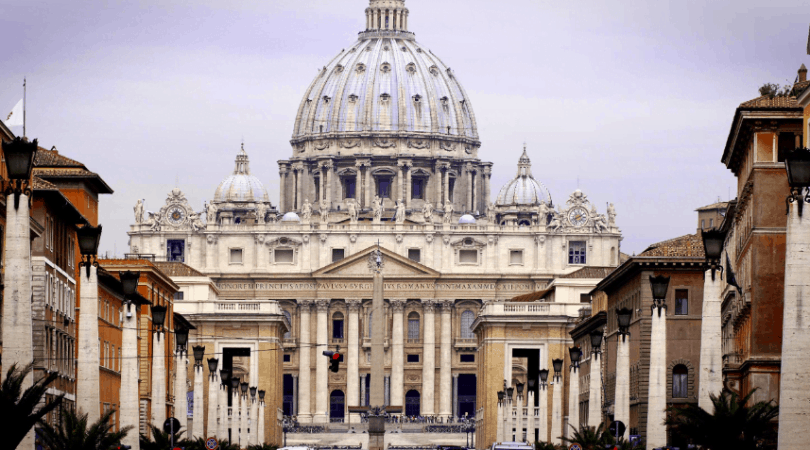Press Releases
Vatican Urges Transparency to Address Inequality and Prevent Financial Crisis


Washington DC – The Vatican released an official assessment on global economics entitled, “‘Oeconomicae et pecuniariae quaestiones” or “Considerations for an ethical discernment regarding some aspects of the present economic-financial system.” The document calls for improvements in global finance policies on debt resolution, taxation, financial crisis prevention and transparency.
“The recent financial crisis might have provided the occasion to develop a new economy, more attentive to ethical principles, and a new regulation of financial activities that would neutralise predatory and speculative tendencies and acknowledge the value of the actual economy,” reads the Vatican statement. “Although there have been many positive efforts at various levels which should be recognized and appreciated, there does not seem to be any inclination to rethink the obsolete criteria that continue to govern the world. On the contrary, the response seems at times like a return to the heights of myopic egoism, limited by an inadequate framework that, excluding the common good, also excludes from its horizons the concern to create and spread wealth, and to eliminate the inequality so pronounced today,” continues the Vatican assessment.
“The Catholic Church offers a profound analysis of what we need to prevent the next financial crisis and promote greater inclusion in our economic system,” noted Jubilee USA Executive Director Eric LeCompte. LeCompte advises religious and Catholic Church leaders on the impacts of financial policies on vulnerable populations. “Debt, tax and trade policies are at the center of this debate and the Vatican is noting we need greater transparency in our economy.”
The Vatican takes on a number of financial issues in their 15-page release including tax havens, debt relief, interest rates and risky market behavior. The document was authored jointly by the Congregation for the Doctrine of the Faith and the Dicastery for Promoting Integral Human Development.
“This document is significant because it carries the full weight of Catholic teaching that asserts that a financial system must serve all human beings, not just the interests of a few,” stated LeCompte who serves on United Nation finance expert groups. “The Vatican is seeking to influence policies that can address inequality.”
